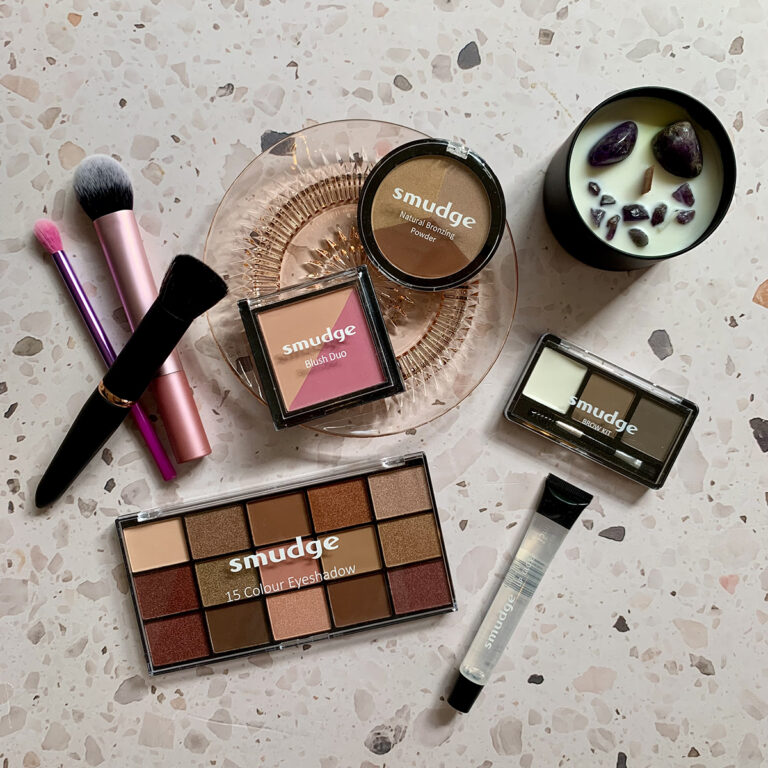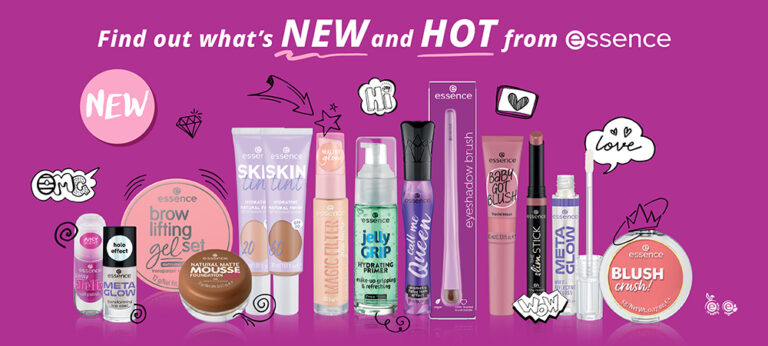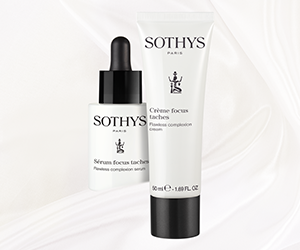
As the sun is responsible for up to 80% of all skin ageing, dermatologists and aesthetic doctors all agree that one important anti-ageing tip is to protect your skin against the damaging rays of the sun.
Visible signs of ageing from sun damage can appear as early as your twenties, but generally it is only later on that the real damage comes to the surface. The more diligent you are protecting your skin, the better your chances are of looking younger for longer.
Choose wisely
Selecting a good sunscreen can, however, be very confusing. Perhaps a good place to start is to know what you’re protecting yourself against. The sunlight that reaches us is made up of two harmful rays – UVA and UVB.
UVA rays (long wave ultraviolet A) penetrate into the deeper layer of the skin. UVB rays (short wave ultraviolet B) are responsible for the topical burning of the skin. It is important that the sun protection we use protects the skin against both rays, as both are damaging to the skin. This is known as broad-spectrum sunscreens.
The two types of sunscreen that can protect the skin against UVA and UVB are known as physical and chemical sunscreens.
Physical sunscreens form a protective layer (or physical shield) on the skin and block or reflect the sun’s rays whereas chemical sunscreens absorb the sun’s rays and neutralise them.
Undesirable sunburn sometimes occurs despite sunscreen application. The reason is because most people don’t apply enough.
To achieve the Sun Protection Factor (SPF – which protects against the sun’s UVB radiation) reflected on a bottle of sunscreen, approximately two milligrams of sunscreen per square centimetre of skin should be applied. In practice, this means applying the equivalent of a shot glass (two tablespoons) of sunscreen to the exposed areas of the face and body – a R5-coin-sized dollop to the face alone.
Using a higher SPF does not mean a full day’s pass in the sun. Use an SPF between 30 and 50 and reapply often because sunscreen chemicals break apart in the sun, wash off and rub off on towels and clothing.
Avoid the chemical oxybenzone – a synthetic oestrogen that penetrates the skin and contaminates the body – when buying sunscreens. Look instead for active ingredients such as zinc, titanium, avobenzone or Mexoryl SX. These substances protect skin from harmful UVA radiation and remain on the skin, with little if any penetrating into the body. The downside is if you have dark skin, these minerals do leave you looking grey or pasty. The other option is organic filters, which also work very well, but these do tend to need more regular re-application.
The truth of the matter is that you have to use the product that is best suited to your needs. So it’s certainly not that one form of SPF is necessarily “better” than another. It all depends on what you need. For example, a gel is preferable for someone with an oily skin.
Mineral powders work great for people who wear make-up as it’s very easy and convenient to reapply a powder right over your make up as needed throughout the day. Mineral powders are also great for patients with oily skin who don’t want a cream or a lotion feeling on their skin.
And for those people with dry or dehydrated skins, the lotions and creams will always be the favourites as it also makes the skin feel more comfortable.
While there is no such thing as a total sunblock, ultimately one should select protection with UVA and UVB protection (broad spectrum), a high SPF, long-lasting protection and ingredients that pose fewer health concerns when absorbed by the body.
An oral antioxidant supplement such as Ovelle or Heliocare daily offers further protection against the sun, but it’s always advisable to use these in conjunction with a topical product. It is clinically proven that these supplements raise your level of resistance to the sun and also help to reduce the melanin content in the skin down the line. Pills are very handy when you know you’re going to be having excessive sun exposure, for example, if you’re going to have a beach holiday or if you’re riding a long bike race or running a marathon where it isn’t always easy for you to re-apply a topical but it’s easy to take tabs.
For a selection of sunscreens that meets these criteria, visit Skin Renewal’s Online Skin Store on store.skinrenewal.co.za
Got a skin or health question for our experts? You can ask them here.





One Response
The importance of daily sunscreen use throughout the year cannot be emphasized enough! I love using a foundation with a high SPF in summer and winter.